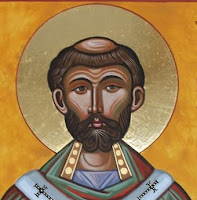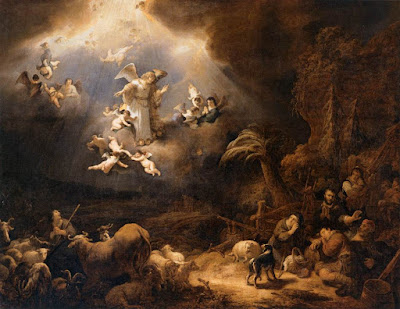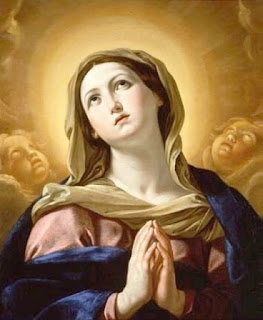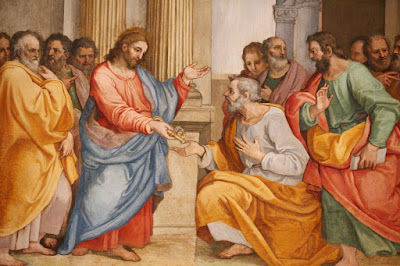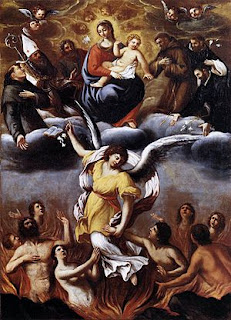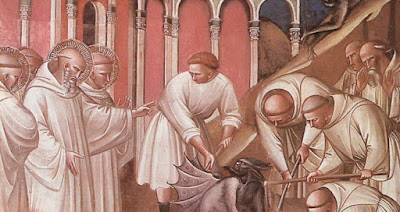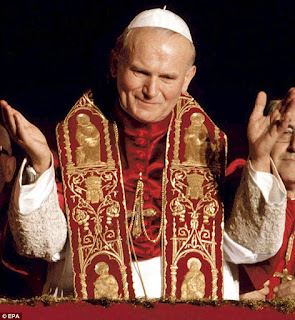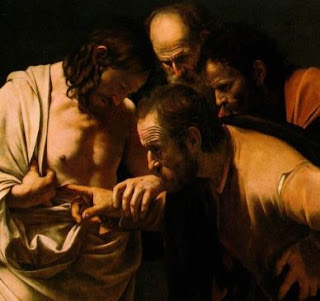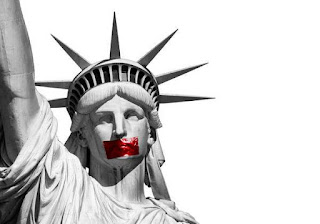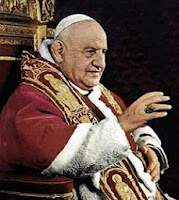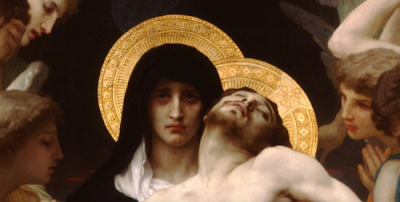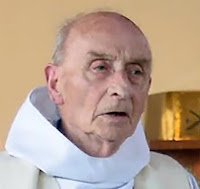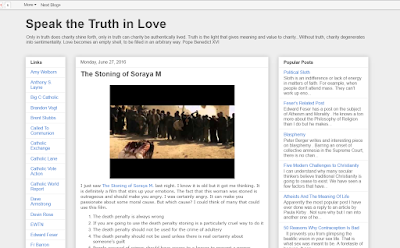Optional Memorial of Saint Sylvester I, Pope

Pope Sylvester I and Emperor Constantine December 31st, is the optional memorial of Saint Sylvester I (??? - 335), the 4th century pontiff, who guided the Church during a period of violent persecution and challenges to doctrine at the hands of various heretics. According to legend, he baptized Emperor Constantine. Born in Rome, the son of devout parents Rufinus and Justa, he was instructed in Christian piety by his virtuous mother. Later, under the guidance of Carinus, a priest of great ability, Sylvester learned the truths and practice of religion in studying Sacred Scripture. Entering the Roman clergy, he was ordained a priest by Pope Marcellinus on the eve of widespread Christian persecution under Diocletian. Sylvester's papacy saw trial and triumph. The feast day of St. Sylvester is one of the oldest in the Church’s calendar, so great was his witness in the minds of the laity. His exemplary piety and concern for others, particularly the poor, endeared him to the faithful
